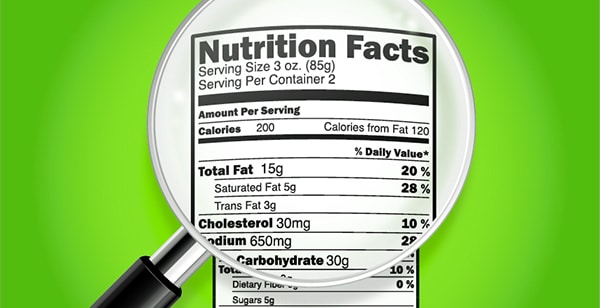March 6, 2024
Written By Page Lauer • 4 min read
What Are Food Cravings? Cravings for food are the anticipation of a pleasurable feeling from eating, often for something salty, sweet, or fatty. Whether we desire chocolate, cookies, alcohol, pizza, or ice cream; cravings transport us. Typically they start...
Read More
 5-star Fitness
5-star Fitness
 5-star Fitness
5-star Fitness









